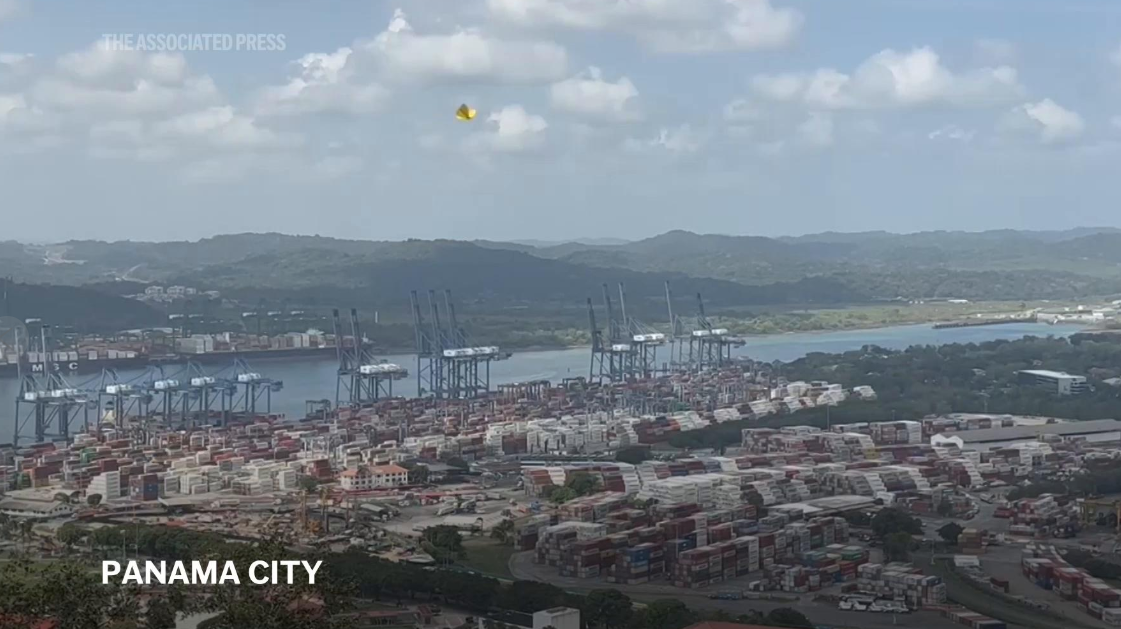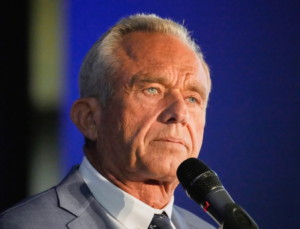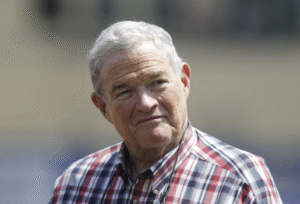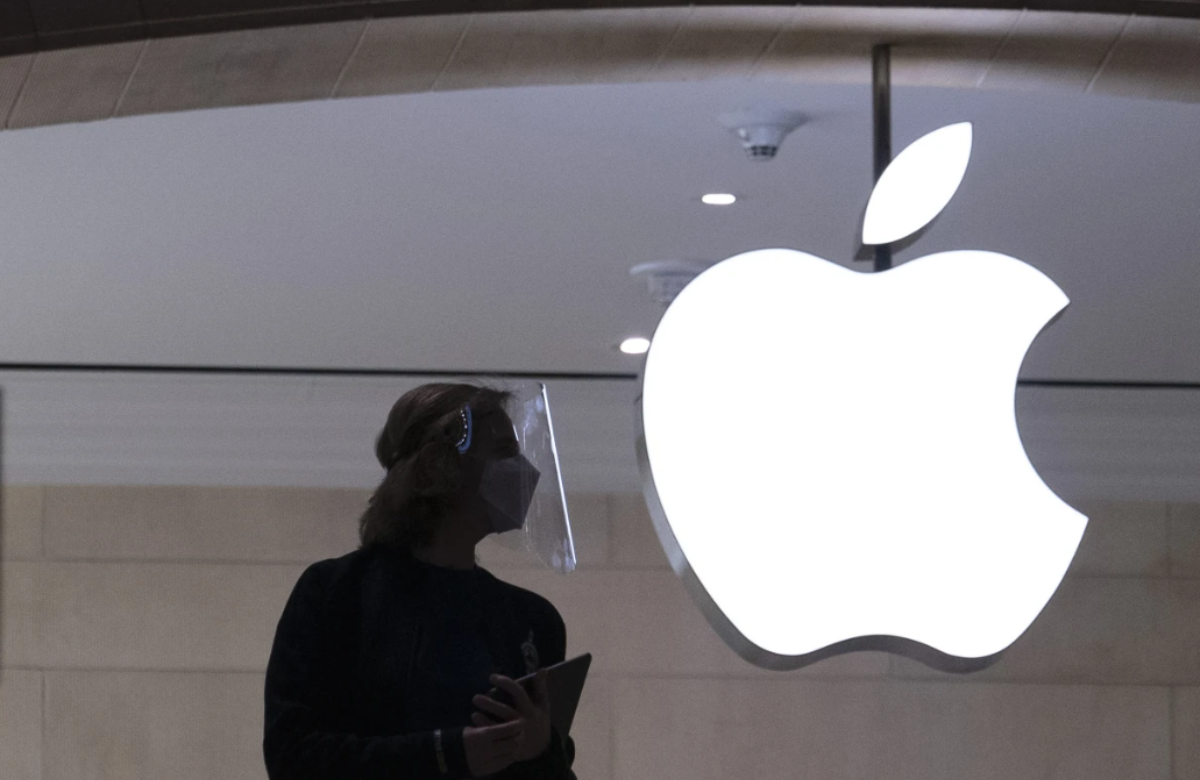Secretary of State Marco Rubio is making his first foreign trip in office, arriving in Central America on Saturday. His visit focuses on President Donald Trump’s top priority—addressing illegal immigration—and sending a message that the U.S. aims to regain control over the Panama Canal, despite strong opposition from local leaders.
Rubio’s choice of destination is unusual, as previous secretaries of state typically visited Europe or Asia for their initial trips. His decision highlights both his personal interest in the region and the Trump administration’s emphasis on prioritizing foreign policy efforts closer to home.
“It’s no accident that my first trip abroad as secretary of state will keep me in the hemisphere,” Rubio wrote in The Wall Street Journal on Friday.
Limiting immigration and combating drug trafficking are key aspects of the U.S. strategy in the region. However, another significant focus will be countering China’s increasing influence in the Western Hemisphere, particularly by seeking to reassert U.S. control over the Panama Canal. The canal, which was originally built by the U.S., was handed over to Panama in 1999, and Panamanian leaders strongly oppose President Trump’s request to have it returned to U.S. control.
In an opinion piece for The Wall Street Journal, Rubio highlighted the chaos caused by mass migration, drug trafficking, and the hostile policies of Cuba, Nicaragua, and Venezuela. He also criticized China’s growing influence in the region, claiming that the Chinese Communist Party is using diplomatic and economic tactics, like in the case of the Panama Canal, to oppose the U.S. and turn sovereign nations into subservient states.
Rubio’s first stop on his five-nation tour was Panama, where President José Raúl Mulino made it clear that there would be no negotiations with the U.S. regarding the ownership of the canal. Mulino expressed hope that Rubio’s visit would focus on mutual concerns, such as migration and fighting drug trafficking, instead of the canal dispute.
Panama’s President José Raúl Mulino firmly stated on Thursday, “It’s impossible, I can’t negotiate. The canal belongs to Panama.”
However, Rubio emphasized that he would make President Trump’s stance clear during his visit. In a Thursday interview with SiriusXM host Megyn Kelly, Rubio explained that Trump’s desire to regain control of the Panama Canal is driven by legitimate national security concerns, particularly regarding China’s growing influence in Latin America.
“We’re going to address that topic,” Rubio said. “The president’s been pretty clear he wants to administer the canal again. Obviously, the Panamanians are not big fans of that idea. That message has been brought very clear.”
Rubio expressed worries about China’s investments in ports and infrastructure at both ends of the canal, noting that these developments put Panama and the critical shipping route at risk of Chinese influence. He added that if China wanted to block traffic through the canal, it could do so, which would violate the 1977 treaty under which the U.S. ceded control.
While Mulino rejected any negotiations over ownership, some believe Panama might be open to a compromise. This could involve removing control of canal operations on both ends from the Hong Kong-based Hutchison Ports, which received a 25-year no-bid extension to run the operations. An audit of that extension is already in progress and could potentially lead to a rebidding process.
It remains unclear whether President Trump would consider transferring control of the Panama Canal concession to an American or European company as meeting his demands, which seem to go beyond just operational control.
Ryan Berg, director of the Americas program at the Center for Strategic and International Studies, pointed out that “in some ways, Trump is pushing on an open door,” but the outcome will depend on how Trump’s specific conditions are defined.
Berg also noted that while there has been strong rhetoric on the issue, it will be up to Rubio to clarify Trump’s position. He suggested that a compromise might be possible, but if Trump is truly intent on regaining full control, anything less than that would likely not satisfy him.
Rubio arrived in Panama on Saturday and is scheduled to meet with President Mulino and the canal administrator the following day. Afterward, he will visit El Salvador, Costa Rica, Guatemala, and the Dominican Republic.
His arrival comes just one day after the U.S. resumed visa processing at its embassy in Bogota, Colombia, which had been suspended the previous Sunday after the Colombian government refused to accept two flights of deported Colombians from the United States.
Unlike previous secretaries of state, who often carried specific “deliverables” such as assistance packages or new cooperation initiatives to announce during their trips, Rubio may have limited options to offer. In the case of Colombia, he might only be able to provide limited relief from the freeze on foreign aid that President Trump imposed while a review of all programs takes place.
In Latin America, U.S. programs have typically focused on areas like law enforcement, counter-narcotics efforts, and combating illegal immigration. Rubio has ensured that some life-saving programs are exempt from the funding freeze, and waiver requests for programs in several of the countries he will visit are currently being reviewed.
Waivers have been submitted for certain programs in Panama, Costa Rica, the Dominican Republic, and Haiti. Although Rubio will not be visiting Haiti, the State Department has already approved around $41 million in support for an international peacekeeping mission there.













